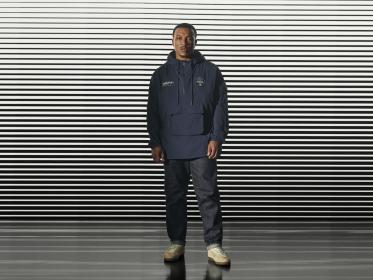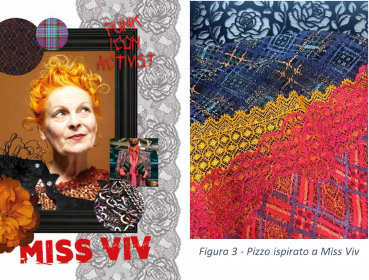Salvation Army launches Take Back Scheme Fashion campaign
The Salvation Army has launched a Take Back Scheme Fashion campaign featuring stylish looks from their generously received clothing donations. As the largest charity owned textile collector in the UK, the Scheme is operated by the trading arm of the charity (SATCoL) who have partnered with some of the largest retailers and brands in the UK including John Lewis and Tesco.
The Take Back Scheme is the perfect way for people to support the fashion circular economy while shopping online or instore with their favourite brands. The campaign invites the public to be part of a drive to reduce waste and extend the useful life of products.
The fashion forward campaign features a collection of garments styled by fashion stylist Karl Willet. Karl is known for his elegantly classic, yet contemporary vision and the images for this campaign nod to his classic styles that stand the test of time.
Karl works with celebrities from across the music/film industry including Paloma Faith, Jermaine Jackson and Geri Halliwell to name a few. Karl shared, “Styling looks with second-hand clothing is a fun and creative way to express your personal style. It’s important to embrace sustainability because not only does it reduce environmental waste, but it also encourages individual style and is affordable. The Take Back Scheme is a way to make a positive difference.”
The donated garments featured in the campaign, were specially chosen to reflect The Salvation Army colours of red, white and black, and the charity’s message of hope. SATCoL has made their Take Back Scheme even more accessible with 2 in-store offerings and 12 clothing banks available online, so customers can donate their unwanted items on the go. Each year, The Salvation Army collects around 65,000 tonnes of textiles, diverting them to good uses and raising funds.
The profits raised from the resale of these donations is given to The Salvation Army to continue their work across the UK.
Salvation Army Trading Company Ltd collector Conscious Fashion Campaign Karl Willet
SATCoL
















